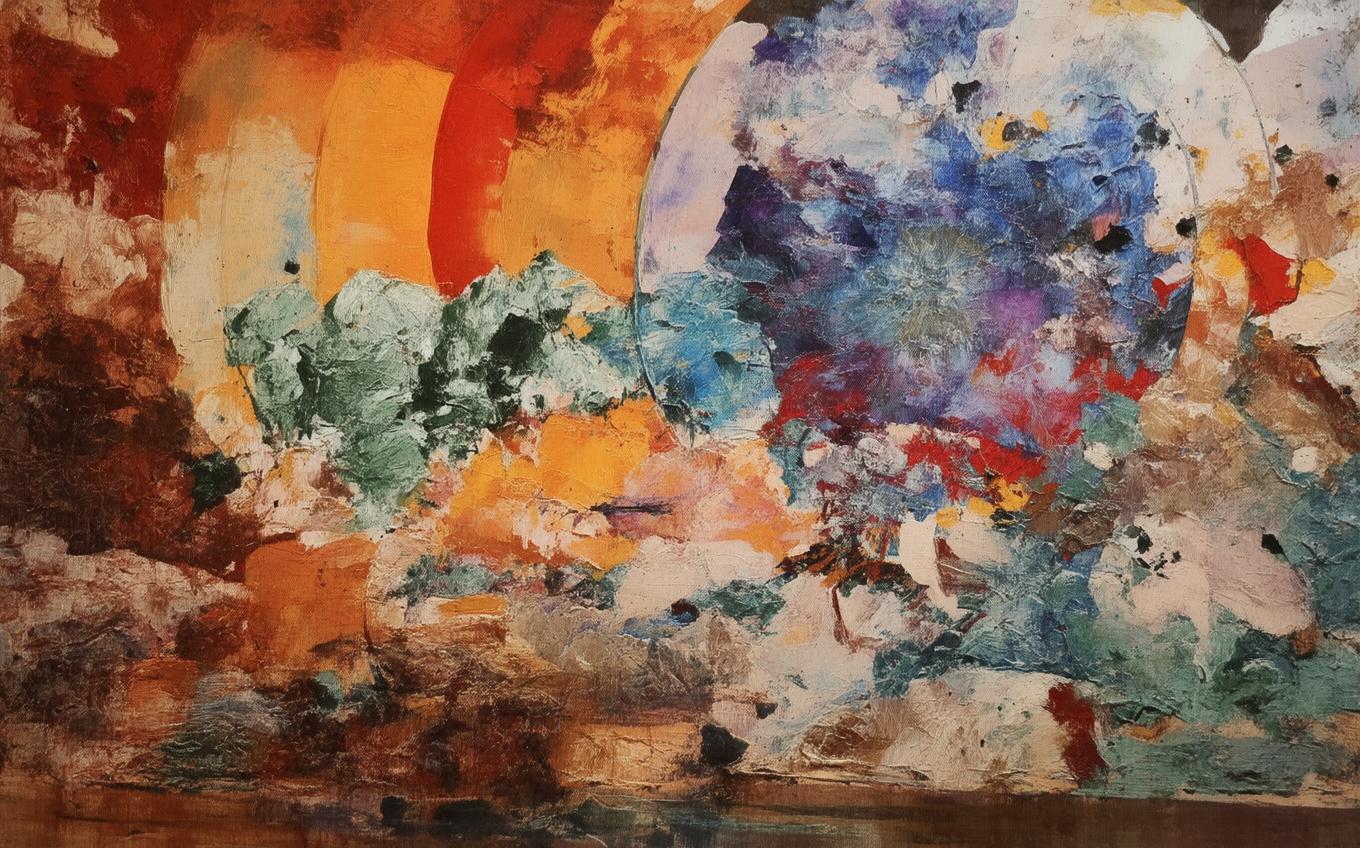Analysis of "六月二十七日望湖楼醉书" - Classical Chinese Poetry
Introduction
The poem "六月二十七日望湖楼醉书" (Liù yuè èrshíqī rì Wàng Hú Lóu zuì shū) was written by the renowned Song Dynasty poet Su Shi (苏轼, 1037-1101), also known as Su Dongpo. Su Shi was a polymath—a poet, painter, calligrapher, and statesman—whose works are celebrated for their lyrical beauty and philosophical depth.
This poem was composed on June 27, 1072, while Su Shi was intoxicated at the Wanghu Tower (望湖楼), overlooking West Lake (西湖) in Hangzhou. It captures a fleeting moment of nature’s raw power—a sudden summer storm—and reflects the poet’s spontaneous, unrestrained spirit.
The Poem: Full Text and Translation
黑云翻墨未遮山
Hēi yún fān mò wèi zhē shān
Black clouds, like spilled ink, half-veil the mountains,白雨跳珠乱入船
Bái yǔ tiào zhū luàn rù chuán
White raindrops, leaping pearls, splash wildly into the boat.卷地风来忽吹散
Juǎn dì fēng lái hū chuī sàn
A sudden gale sweeps the ground, scattering all away—望湖楼下水如天
Wàng Hú Lóu xià shuǐ rú tiān
Below Wanghu Tower, water merges with the sky.
Line-by-Line Analysis
-
"Black clouds, like spilled ink, half-veil the mountains"
- The opening line uses "spilled ink" (翻墨) to describe the dark, rolling clouds, evoking the spontaneity of Chinese ink painting. The clouds only partially obscure the mountains, suggesting the storm’s abrupt arrival. -
"White raindrops, leaping pearls, splash wildly into the boat"
- The rain is personified as "leaping pearls" (跳珠), a vivid metaphor that conveys both beauty and chaos. The contrast between black clouds and white rain heightens the visual drama. -
"A sudden gale sweeps the ground, scattering all away—"
- The storm dissipates as quickly as it came, emphasizing nature’s unpredictability. The word "sudden" (忽) underscores the fleeting nature of the moment. -
"Below Wanghu Tower, water merges with the sky."
- The final line depicts calm after the storm: the lake’s surface becomes a mirror of the heavens, symbolizing harmony and renewal.
Themes and Symbolism
1. Impermanence and Transience
The poem captures the ephemeral beauty of a summer storm, reflecting the Daoist idea that life’s most profound moments are fleeting.
2. Nature’s Power and Majesty
Su Shi portrays nature as both destructive and restorative—the storm rages violently but leaves behind serenity.
3. Spontaneity and Freedom
Written while drunk ("醉书"), the poem embodies unrestrained creativity, much like the storm itself.
Cultural Context
The Influence of Daoism
Su Shi’s poetry often reflects Daoist principles, particularly the acceptance of change ("无常"). The storm’s abrupt shift mirrors life’s unpredictability.
Chinese Aesthetics: Ink Painting and Poetry
The imagery of "spilled ink" ties the poem to Chinese landscape painting, where spontaneity ("一气呵成") is prized.
Historical Setting: Su Shi’s Exile
Though this poem predates his political exile, it foreshadows his later works, where nature becomes a refuge from human turmoil.
Conclusion
"六月二十七日望湖楼醉书" is a masterpiece of momentary observation, blending vivid imagery with philosophical depth. Su Shi transforms a passing storm into a meditation on impermanence, resilience, and the beauty of the natural world.
For modern readers, the poem is a reminder to appreciate life’s fleeting wonders—whether a summer rain or a moment of creative inspiration. Like the storm over West Lake, such experiences are brief but unforgettable.
Final Thought:
"The storm passes, the sky clears—
Yet the poem preserves the rain’s echo forever."
Would you like a deeper exploration of Su Shi’s other works or the symbolism of West Lake in Chinese poetry? Let me know in the comments!




Comments (0)
No comments yet. Be the first to comment!